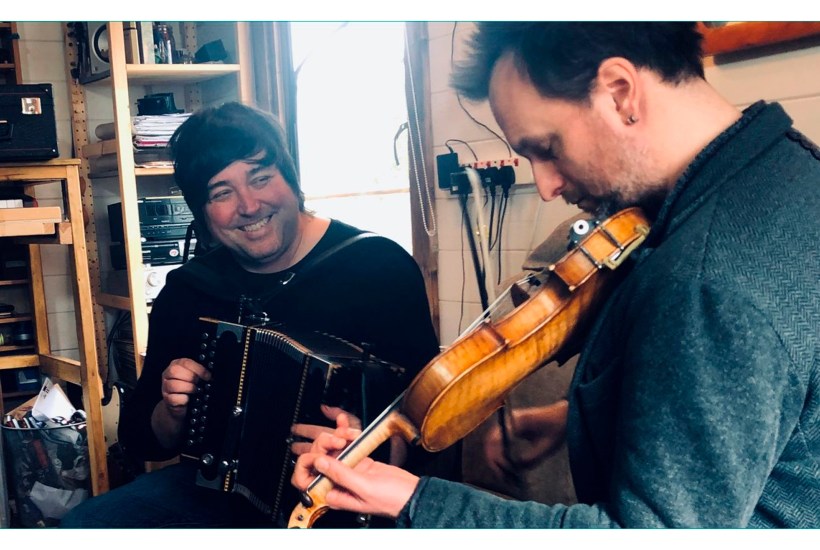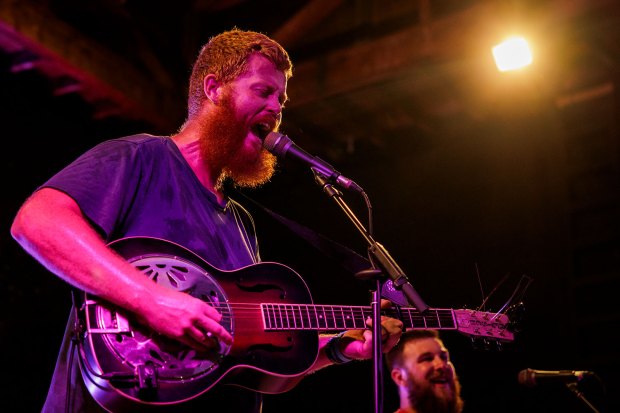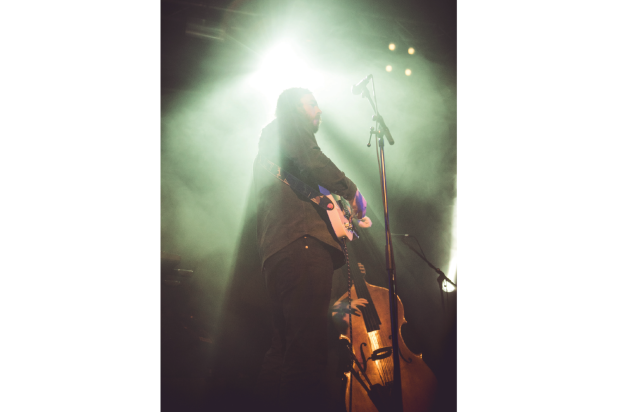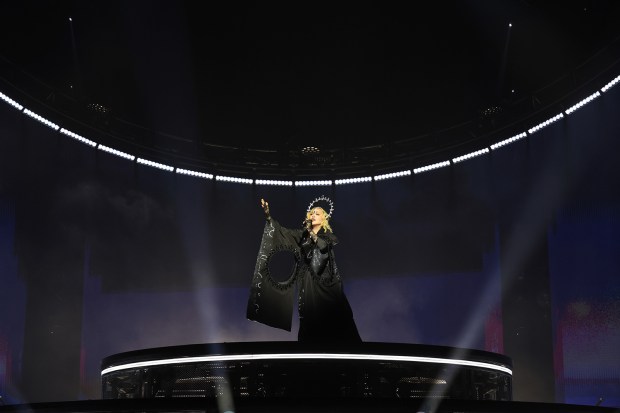Has any musical moment extended its tendrils in so many unexpected directions as the English folk revival of the mid-1960s? In its beginnings, it was a source of pilgrimage for Bob Dylan and Paul Simon, who pinched his arrangement of ‘Scarborough Fair’ from Martin Carthy way back in the dim and distant past when the Beatles walked the earth. It spread into progressive rock and heavy metal (the black metal musician Fenriz, of the Norwegian band Darkthrone, told me recently that he considered Steeleye Span to be an important band in promoting pagan traditions). As it evolved into folk rock, it laid down a path for rock bands seeking to avoid the conventions of blues-based rock music (listen to Richard Thompson’s guitar solo on Fairport Convention’s ‘Matty Groves’ and you will hear exactly what Tom Verlaine was trying to do with Television a few years later). You might say, even, that its resurrection of the myths of old Britain, weird Britain, can be traced indirectly into other art forms — the novels of David Peace, or films such as Ben Wheatley’s A Field in England.
And through it all there were the musicians who retained some fealty to the original impetus of the revival: the old songs, played freshly, but respectfully, for a new audience. John Spiers and Jon Boden are the figureheads of the current wave — Spiers playing fiddle and singing, Boden playing melodeon (and other free-reed aerophones) — not just for their duo recordings but for forming the folk supergroup Bellowhead. Their set on the opening night of Folk Weekend Oxford — a three-day event across multiple platforms, with the can-do air of a village fête on a rainy day — was a wonderful display of virtuosity and free from conceptions of cool in a way only English folk seems able to manage. Damn right they’re going to play tunes for morris dances, and they are going to play them in a manner so pellucid and fluent that it has more in common with Jimi Hendrix than with your memories of standing freezing on your village green on Boxing Day as a child.
There was, it should be said, a lot of ‘as I was a-walking’ and ‘he did say’, notably the following night, when Martin Carthy played with his daughter Eliza. At 79, Carthy is the ongoing thread that connects the folk revival with the music of today, his marriage to Norma Waterson creating the de facto first family of English folk (it’s worth noting that Spiers and Boden got an early break playing with Eliza). There were moments of pure wonder here — Eliza singing ‘Happiness’, a song written by Nick Drake’s mother, Molly, in a voice warm and rich and jazzy, without the flatness one usually associates with the folk tradition; or ‘The Moral of the Elephant’, a setting of John Godfrey Saxe’s Victorian poem ‘The Blind Men and the Elephant’ to droning modal music that made explicit the link between English folk and psychedelia. Minor glitches aside — Zoom is not an ideal platform for music — Folk Weekend Oxford was a low-budget triumph.
Sixteen years ago I interviewed a young American musician whose band had just signed to Rough Trade. We met in a café in west London, and he had with him a bag of records he’d just bought. In that bag were a handful of classic albums from the English folk revival, and in the intervening years Colin Meloy has steered the Decemberists to a frankly unlikely level of success, even topping the US album charts with ‘The King Is Dead’. Over three April weekends they have been performing shows to mark their 20th anniversary (which was actually last year, but pandemic and all that), which highlighted just what an idiosyncratic band they are.
The English folk came through in the beautiful ‘January Hymn’, but also in one of Meloy’s other loves — the prog-metal side of folk. The middle of the set was devoted to ‘The Tain’, an 18-minute extrapolation of Irish mythology with multiple narrative voices, the kind of thing that has hardcore fans nudging each other to boast about who loves it most. I’ve always hated it and I hated it here. The Decemberists are, I think, the only band I adore who have a number of songs I actively despise, but part of what makes them special is the depth of their catalogue and not knowing where they might delve into it on any particular night. And here, by way of compensation, came the fabulous ‘16 Military Wives’, the terrific ‘The Soldiering Life’, the gorgeous ‘June Hymn’. I can swallow the bits I don’t like in return for the bits I love to pieces. Truly, there’s nowt so queer as folk.
Got something to add? Join the discussion and comment below.
Get 10 issues for just $10
Subscribe to The Spectator Australia today for the next 10 magazine issues, plus full online access, for just $10.
You might disagree with half of it, but you’ll enjoy reading all of it. Try your first month for free, then just $2 a week for the remainder of your first year.














Comments
Don't miss out
Join the conversation with other Spectator Australia readers. Subscribe to leave a comment.
SUBSCRIBEAlready a subscriber? Log in